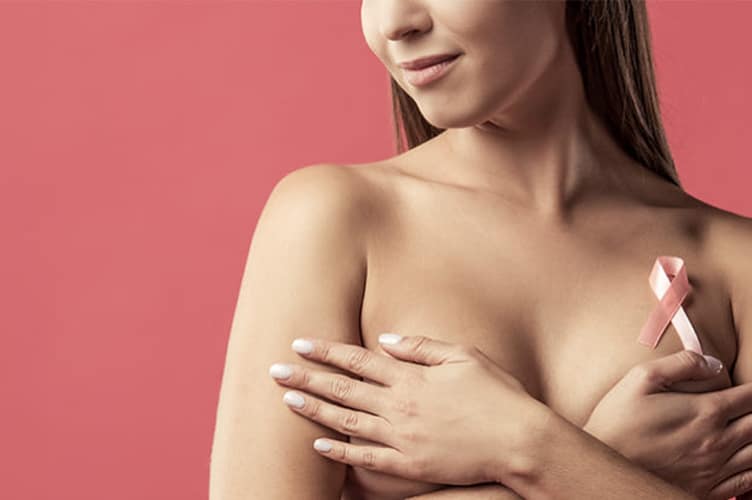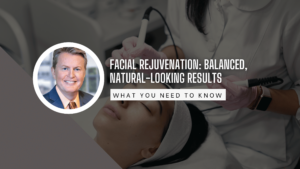Since March of last year the impact upon health screening has been noted due to the fear of being exposed to coronavirus during the encounter. Women who should undergo annual mammography have put off the screening test, risking early cancer detection with an easy, available test. It has been recently noted that women who have been vaccinated have more call backs or rescreening requests, due to the mammogram detecting enlarged lymph nodes in the axilla (armpit) on the side of the vaccination. The nodes seen are found in 11% of women after the first vaccine shot, and 16% of those after the second shot. As a result, it is recommended that women obtain their mammograms prior to their inoculation if possible, or wait a month or so after the second to allow the lymph node reaction to quiet down and trigger fewer reassessments.
The COVID-19 pandemic has proven that nowhere you go is 100% safe. But all of society has to return to normal interaction with appropriate precautions. Delaying a mammogram for a month or two shouldn’t be a problem, but pushing it off for six months or waiting until next year allows a cancer that could have been caught early to progress.
When it comes to choosing whether or not you want to postpone a mammogram, the answer is in weighing your risks, there are some things to consider: What is your personal risk for breast cancer, how common is COVID-19 in your area, and what is your risk for complications if you were infected with COVID-19?
These questions should help you answer whether you should get screened ASAP or if it’s okay to delay a bit longer. If you’re at higher risk for breast cancer—say, if you know you have a mutation on a BRCA gene or you know you have a family history of breast cancer—or if you’ve felt a lump in one of your breasts, the chance of catching breast cancer at an early stage likely outweighs the risk of catching COVID-19 while you’re at the screening. If you’re at average risk for breast cancer, without anything in your or your family’s medical history to suggest greater risk, but at high risk for complications from COVID-19, it’s probably okay to delay a mammogram appointment until it feels safer to go out, as long as you clear that with your doctor.
The abiding caution and sanitizing procedures adhered to by medical offices, hospital facilities, nursing and physician staff should certainly reassure all patients that the time to resume health screenings is now. The excess deaths seen from lockdowns triggering restricted health screening and psychiatric access is manifest in greater than 75,000 deaths from drug overdoses, increases in suicidal ideation from 7-11% per year to 25%, death rates for elderly with dementia increased by 123%, cardiovascular deaths increased by 94,000. It is past due time that patients return to their doctors for screening and assessments for medical treatment.




